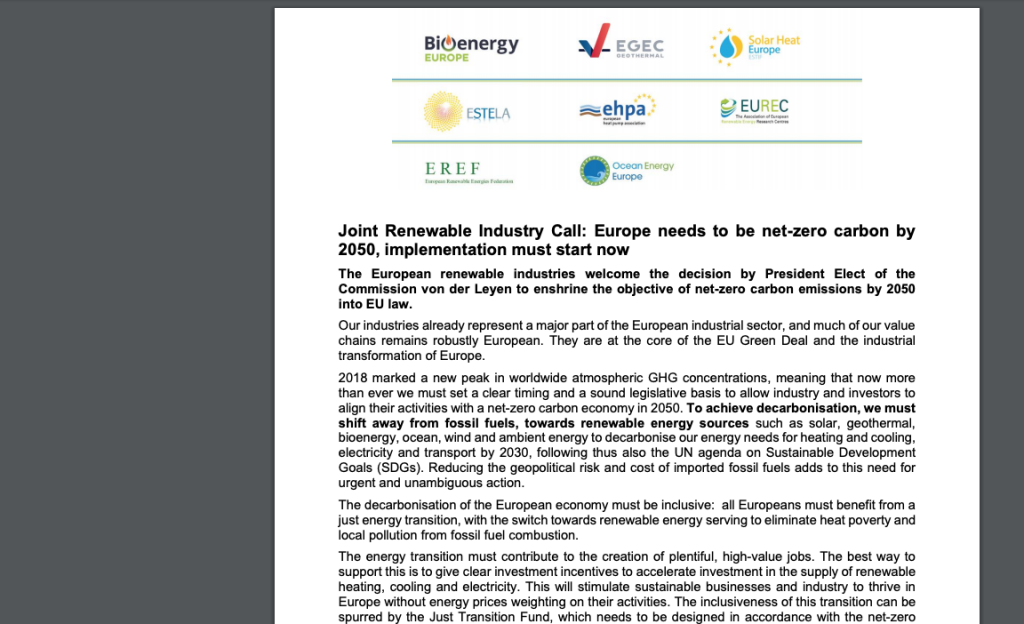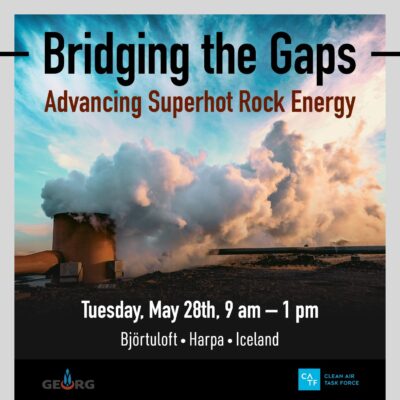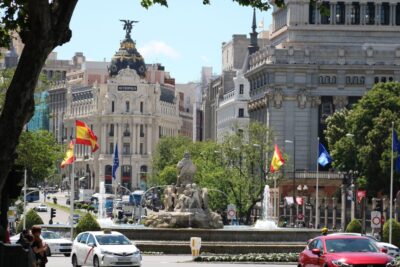Industry call: To make Europe net-zero carbon by 2050, implementation needs to start now
European renewable energy industry organisations issue joint call to the new EU Commission highlighting that in order to make Europe carbon-neutral by 2050, implementation of renewable energy technologies such as geothermal needs to start now.
In a joint Renewable Industry Call, European renewable industries welcome the decision by President Elect of the EU Commission von der Leyen to enshrine the objective of net-zero carbon emissions by 2050 into EU law.
Our industries already represent a major part of the European industrial sector, and much of our value chains remains robustly European. They are at the core of the EU Green Deal and the industrial transformation of Europe.
2018 marked a new peak in worldwide atmospheric GHG concentrations, meaning that now more than ever we must set a clear timing and a sound legislative basis to allow industry and investors to align their activities with a net-zero carbon economy in 2050. To achieve decarbonisation, we must shift away from fossil fuels, towards renewable energy sources such as solar, geothermal, bioenergy, ocean, wind and ambient energy to decarbonise our energy needs for heating and cooling, electricity and transport by 2030, following thus also the UN agenda on Sustainable Development Goals (SDGs). Reducing the geopolitical risk and cost of imported fossil fuels adds to this need for urgent and unambiguous action.
The decarbonisation of the European economy must be inclusive: all Europeans must benefit from a just energy transition, with the switch towards renewable energy serving to eliminate heat poverty and local pollution from fossil fuel combustion.
The energy transition must contribute to the creation of plentiful, high-value jobs. The best way to support this is to give clear investment incentives to accelerate investment in the supply of renewable heating, cooling and electricity. This will stimulate sustainable businesses and industry to thrive in Europe without energy prices weighting on their activities. The inclusiveness of this transition can be spurred by the Just Transition Fund, which needs to be designed in accordance with the net-zero carbon objective.
Meanwhile, the European renewable energy industry can meet the decarbonisation challenge, with a wide array of technologies ready to be scaled up, and innovative technology solutions being developed to meet the demands of deep decarbonisation.
Much remains to be done for renewable energy sources to cover all of the European Union’s energy needs. Policies implemented today define how our economy will look like in three decades, and whether we will be able to reach a net-zero economy by then. The full implementation of the Clean Energy Package for All Europeans is a major requirement and first step, but we also need to stop locking in new greenhouse gases emissions through fossil fuel subsidies and public financing of fossil fuel projects. Concretely, the taxation on energy products must be revised to be aligned to the EU climate objectives while the idea that power system flexibility can only be delivered by fossil fuels must be rejected.
Therefore, as renewable industry associations we call for a strong commitment to a net-zero 2050 objective.
Source: EGEC release (pdf)


















